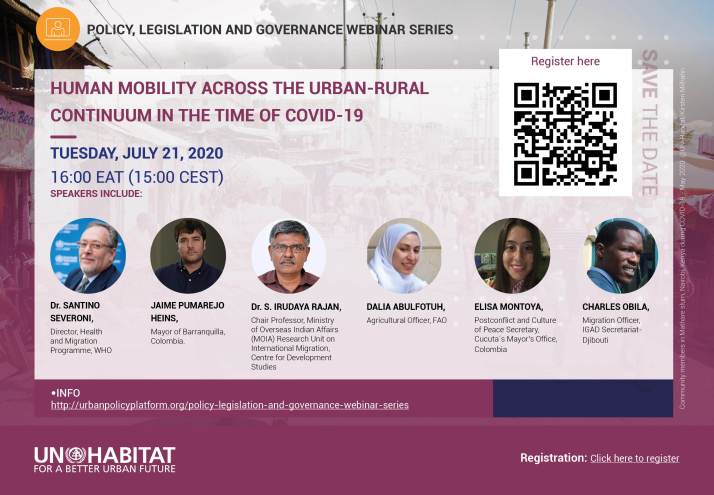Thrusday 23rd July, 10:00-11:30 (EDT)
Recent developments – including the COVID-19 pandemic – have highlighted that our food and nutrition systems have not treated populations in developed or developing countries equally. Those suffering from the outcome of inequities - the poor, women and children, minorities, refugees and those living in fragile or conflict states - are disproportionately experiencing the negative consequences of hunger and undernourishment.
Today, the ultimate outcome of this disparity is glaring. Globally, 1 out of 9 people is hungry or undernourished while 1 out of 3 is overweight or obese. Many countries are experiencing the double burden of malnutrition, where undernutrition coexists with overweight, obesity and other diet-related non-communicable diseases (NCD’s).
Join FAO North America and the Alliance to End Hunger for a panel of global food and nutrition experts who will discuss the effects of inequitable food systems on nutrition and share sustainable solutions in both policy and practice.
Join the conversation on Twitter using the #NutritionEquity during the webinar.



